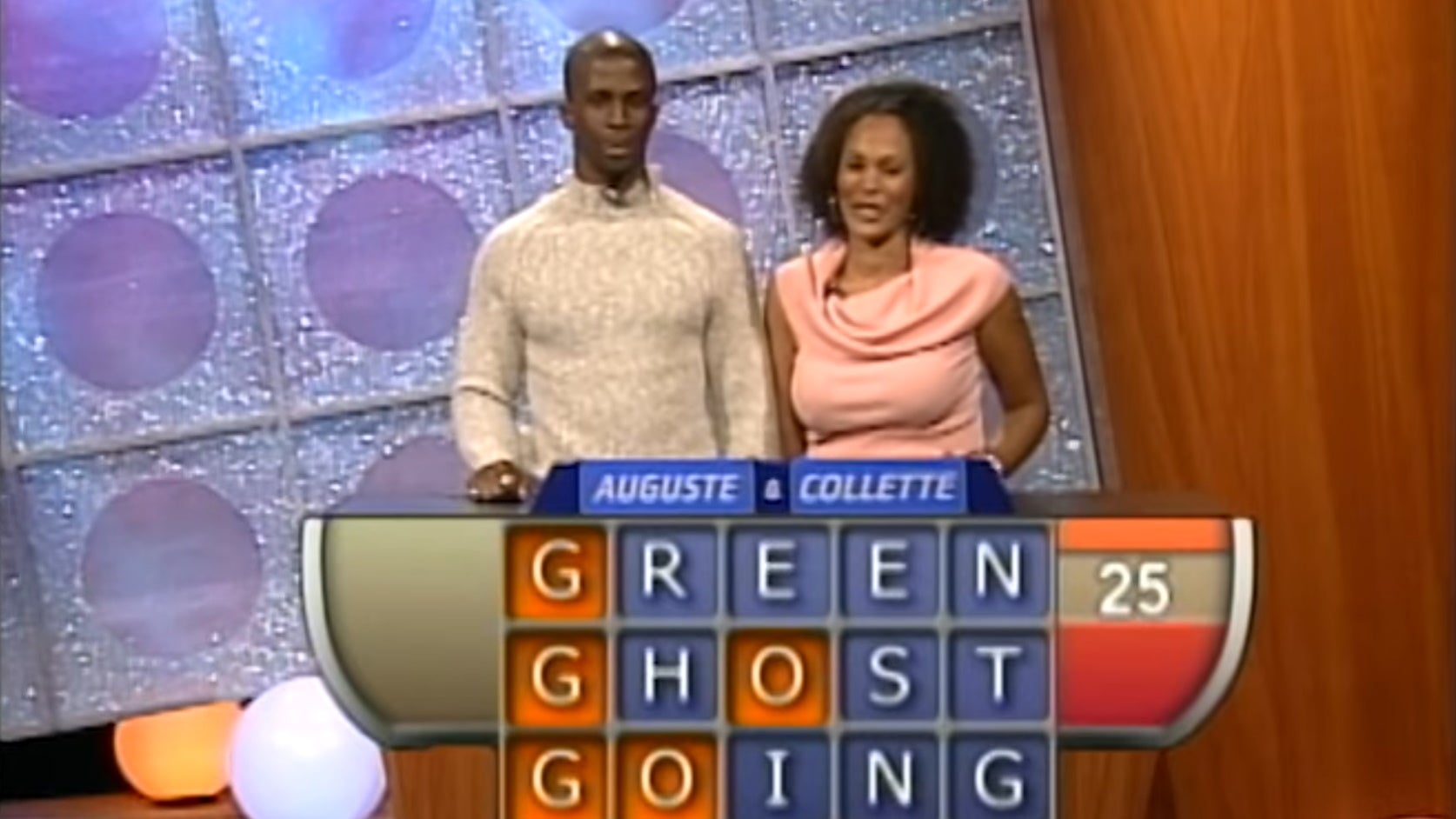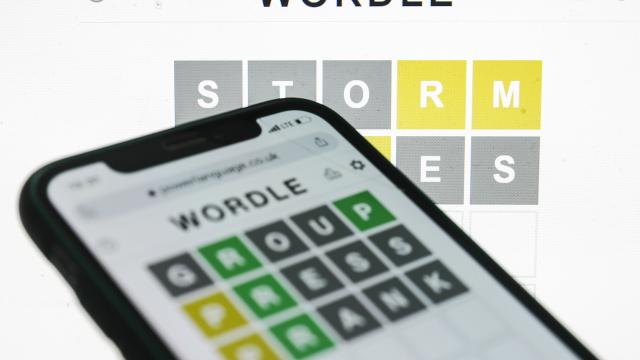In a move that’s as unsurprising as it is disappointing, The New York Times is beginning to throw its weight around when it comes to Wordle’s former freedom. The first big sign of this, as spotted by Ars Technica, is their forcing a Wordle Archive to shut down.
There’s no question who owns that archive of five-letter word puzzles. The Times spent at least a million bucks to do so, and they’re clearly within their rights to prevent others from hosting those exact games. At the same time, they don’t offer an equivalent archive service, and those who do were always careful not to post that day’s puzzle, so as not to needlessly tread on the bigger boy’s toes. So yes, it’s predictable, but it still sucks a little magic from the universe.
It’s worth noting that “wordle archive” is the biggest of all Wordle-related search term on Google, a fact which arguably made the Wordle Archive one of the biggest competitors to the official, daily puzzles hosted by the Times. Wordle Archive now shows only a message thanking players, and explaining that the newspaper “requested that the Wordle Archive be taken down.” They then go on to plug their new puzzle, a game called Word Grid.
This move asks some worrying questions about those eighty-five thousand Wordle clones that we’re enjoying every day. If the NYT doesn’t want people hosting the previous puzzles they’ve otherwise discarded into the ether, then how do they feel about games like Wordle Unlimited, Duordle, Quordle, Octordle, Sedecordle… They’re all essentially just Wordle, but played simultaneously. And if they got really hungry, how about the spin-offs? Nerdle, Worldle, Globle, Chessle, Absurdle… Well, the good news is, they’re mostly, probably safe.
Wordle is so spectacularly derivative itself, the NYT would be hard-pressed to take down a direct one-for-one copy of the game. Right now in the UK, a licensed version of the US game show Lingo is on every afternoon, working on the exact same principle. The US version of Lingo has had three runs, airing as early as 1987, and is coming back for a fourth incarnation later this year on CBS, hosted by Ru Paul.

Even that is a derivation of a 1955 pen-and-paper game, Jotto, as Wikipedia observes. But this too is a variation of Cows & Bulls, a game that may date back as far as a century, and on which Mastermind, the peg-and-board game, was based in the 1970s. Which is all to say, The New York Times doesn’t have a leg to stand on if it were to try shutting down clones based on format.
I notice Ars followed the same history of the game (curse them for their equally thorough work), and spoke to a lawyer who suggested clones aren’t affected by copyright, unless they’re replicating the “expression” of the idea, rather than the idea itself. However, where the Times could get pushier is when it comes to the use of the trademark. “Wordle” as a collection of letters is now theirs, thanks to the madness of capitalism, so games that use the exact letters–like Wordle Unlimited and Crosswordle–might need a rebrand. And it’s technically possible they could try to claim the “dle” suffix is too close to their trademarks, but the negative press would be spectacular. I’d be surprised. But then, I often am.
The other thing the clones/spin-offs might like to think about at this point is their presentation. A lot of the games use Wordle’s very familiar green/yellow tiles and clean layout, so if the NYT is getting unpleasantly lawyery, those games could start to receive some uncomfortable letters.
Read More: With Wordle Archive, You Can Play All The Wordles That Came Before Whenever You Want
It’s worth noting that the archive that got shut down wasn’t the only one, of course.

Leave a Reply